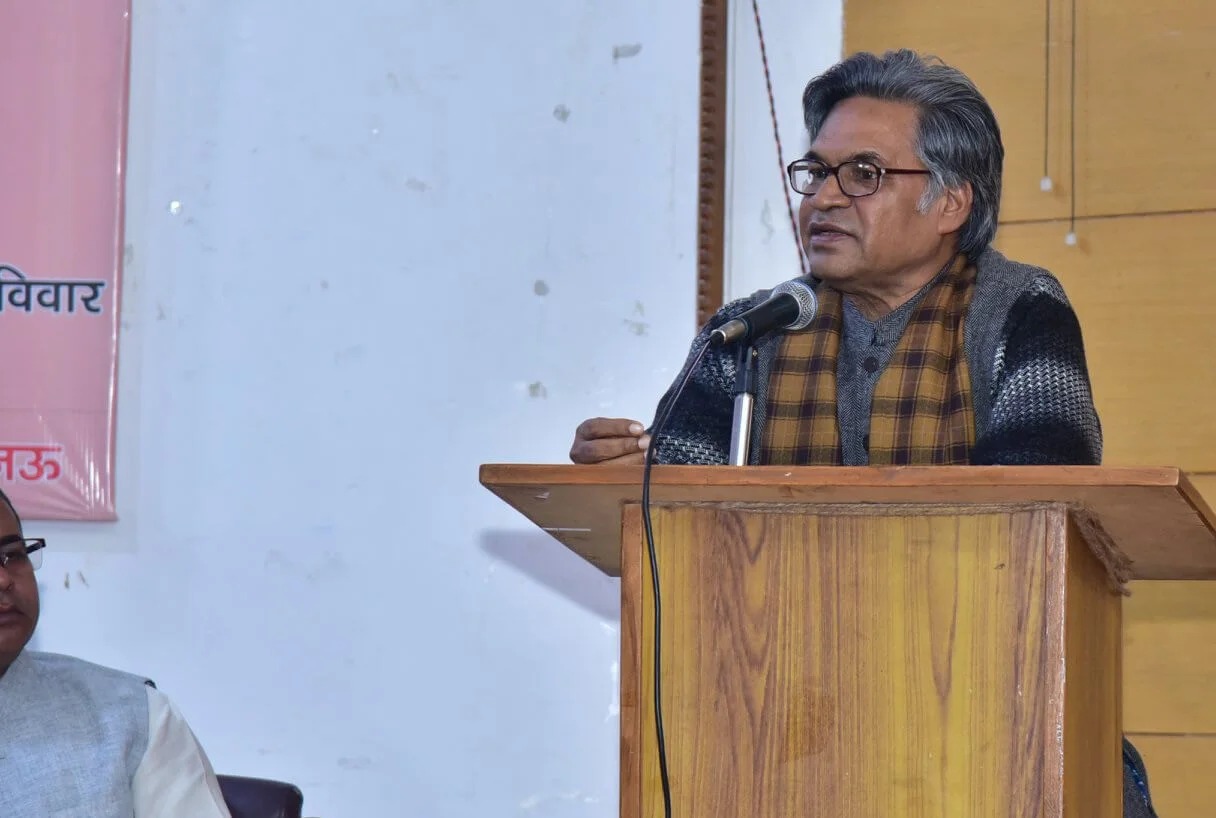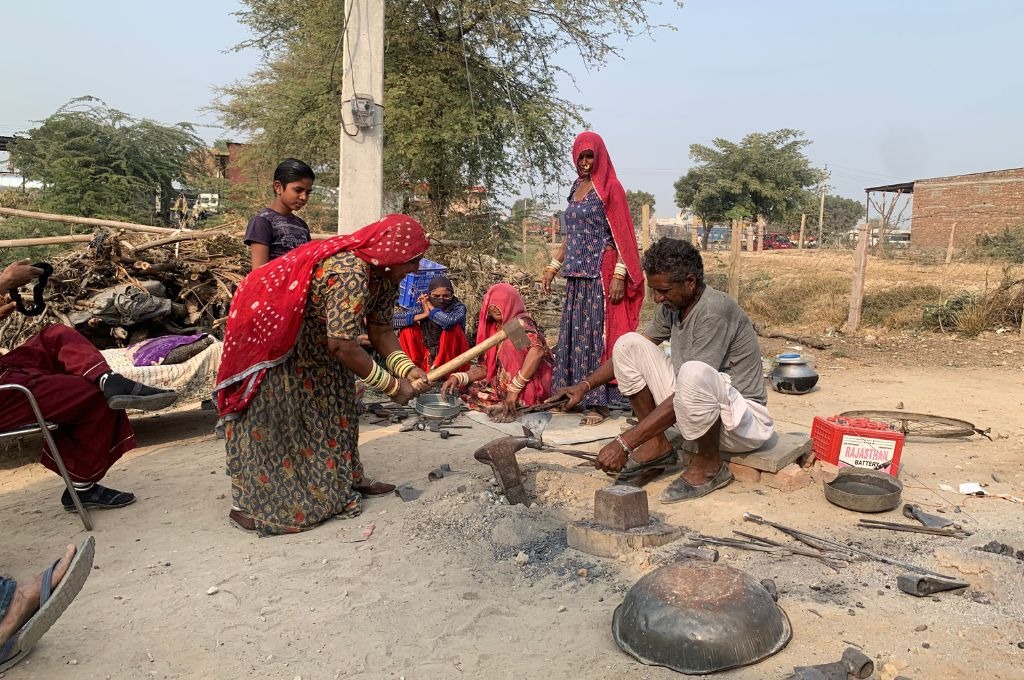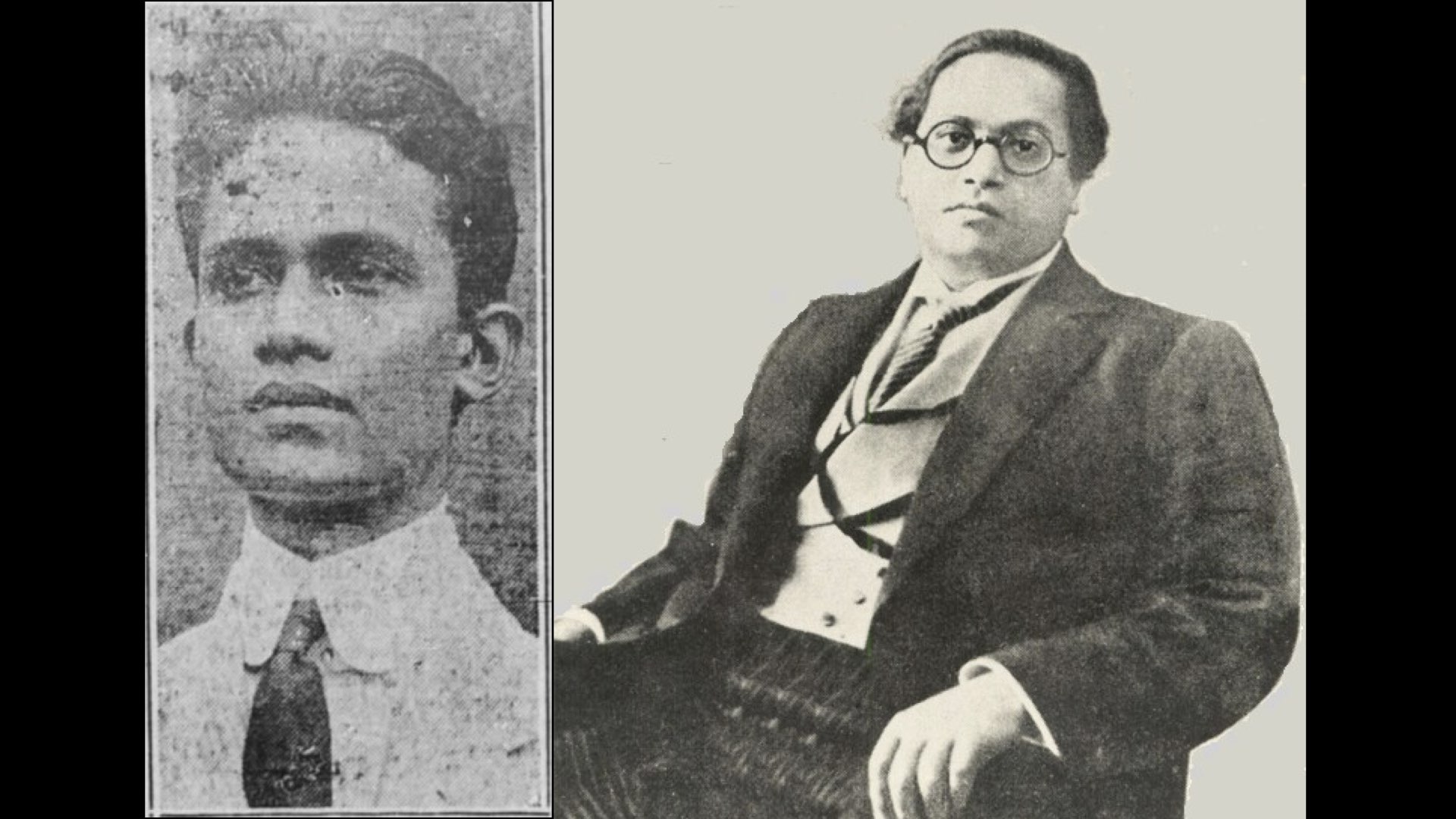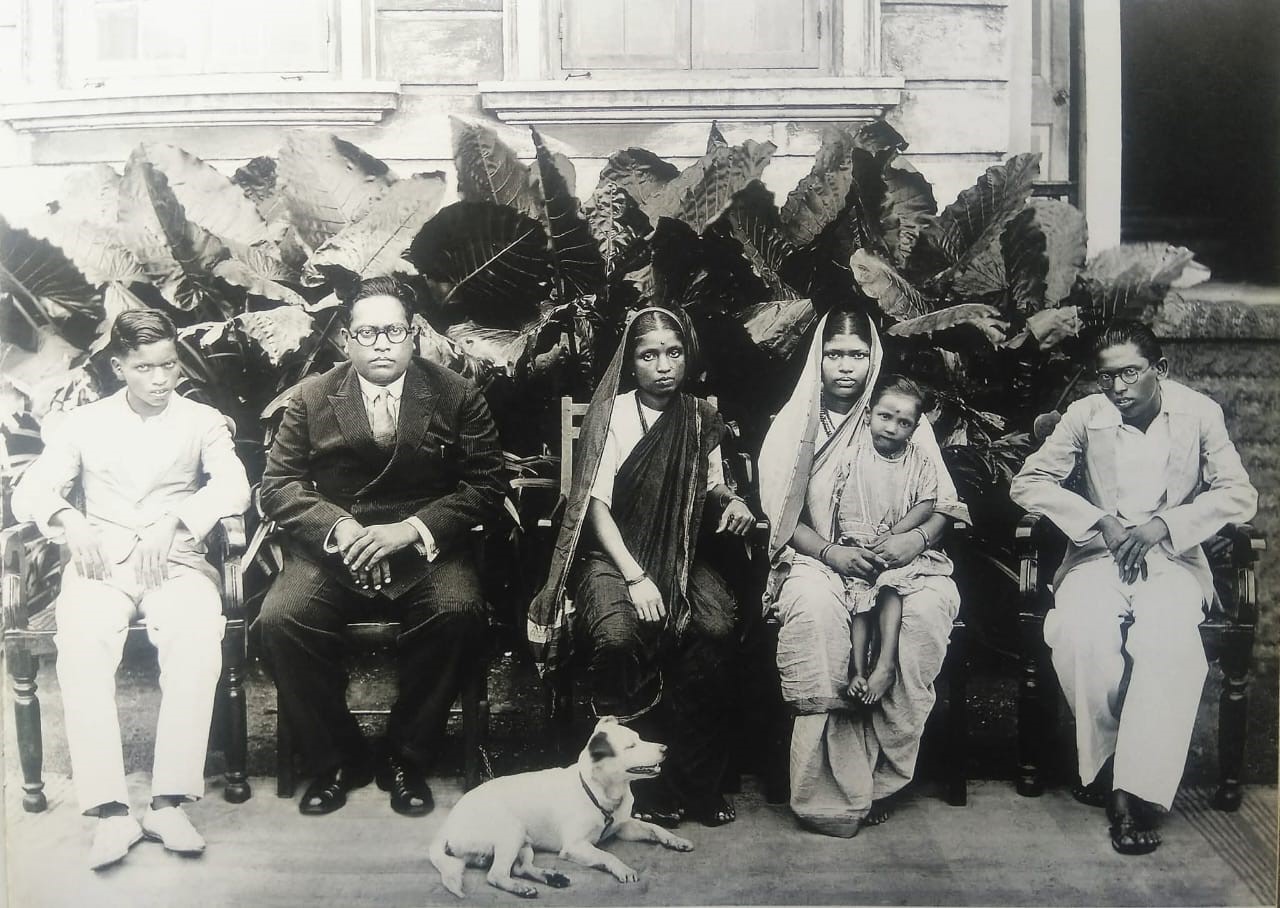This article talks about the social boundaries that have existed in Indian society for more than 3,000 years, reducing most of the people to lesser beings. It discusses how religion used politics, and politics used religion. Varnas came into being first, followed by castes. This took around 1,300 years. The scriptures are very clear in that whosoever works with his hands is a Shudra. The caste system still survives and is a social evil.
Religion plays a key role in the making of the Indian social system. Along with religion, complexities generated by the intermingling of caste and politics is what further makes its decipherment even more challenging. Caste and religion are so inextricably linked to each other that they have become almost complementary in their day-to-day connotations. Religion manifests itself in the social status of people rather than in their conduct. The kind of influence religion and caste have on politics leads one to wonder whether it is the religionization/casteization of politics or the politicization of religion and caste. The adulators of religion and caste blame politics for their internal weaknesses. The politicians, on the other hand, never tire of stressing that religion and caste blocked their progress in politics. An attempt to understand religion, caste and politics separately does not take us to any concrete conclusion because the three have got so indistinguishably mixed that studying them individually would deprive us of comprehending their real nature (Kothari 1985).





